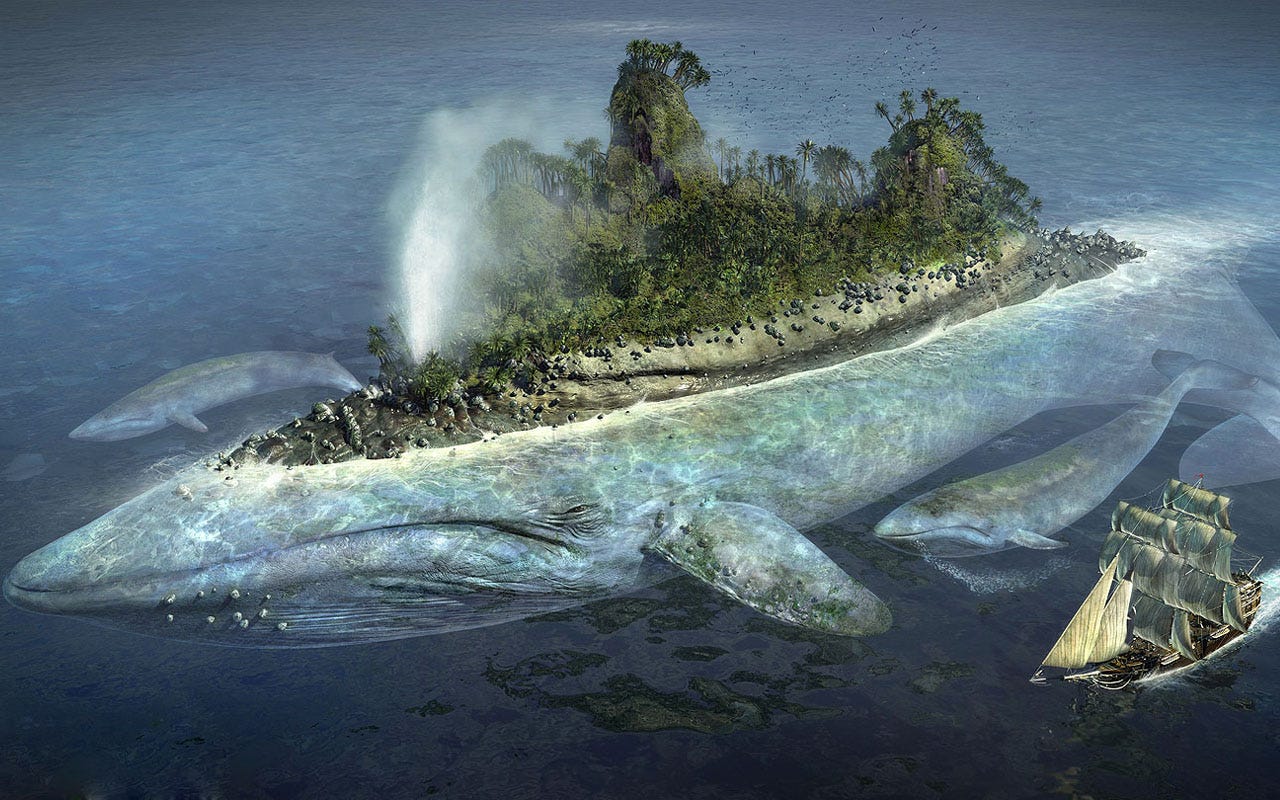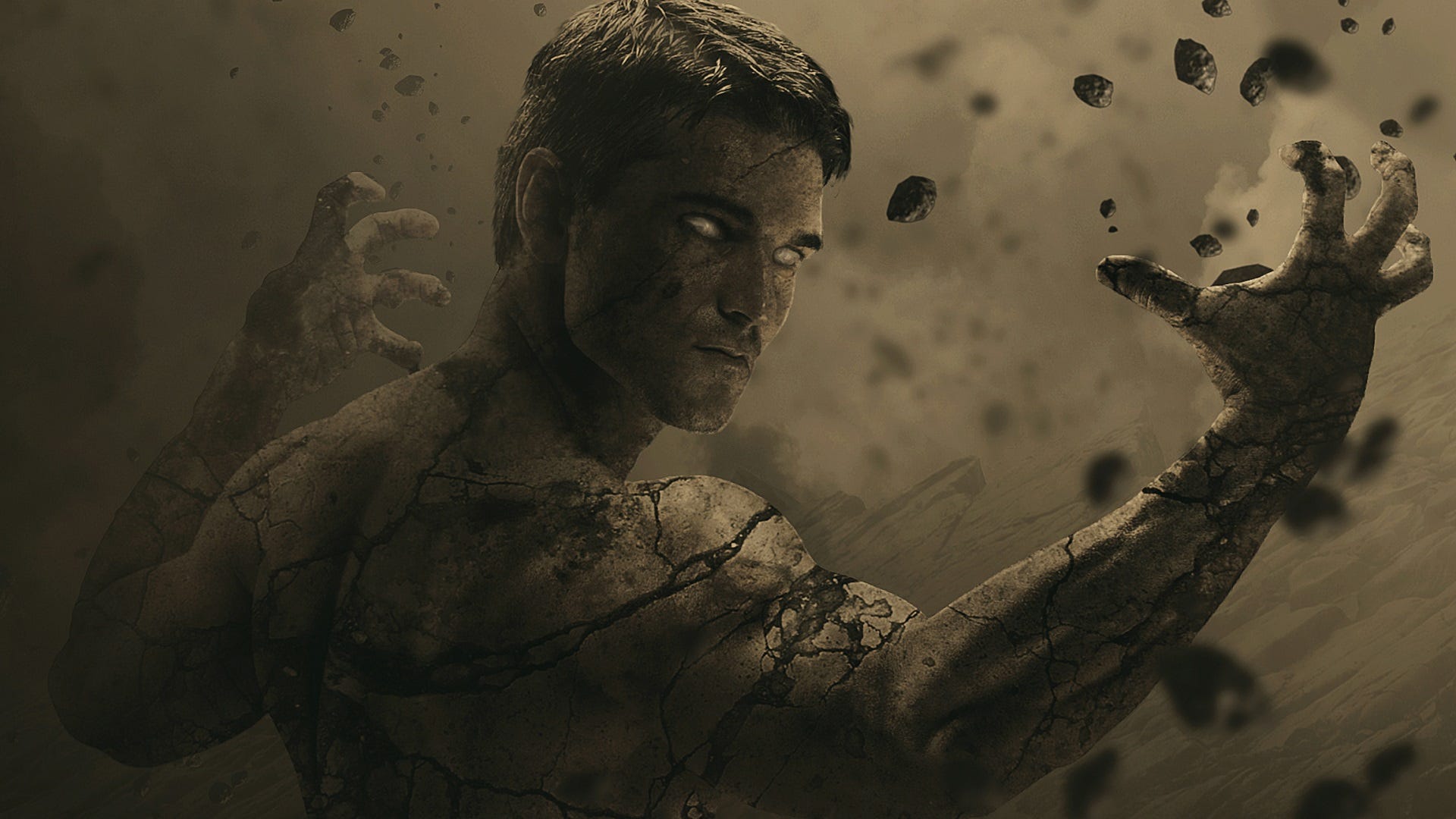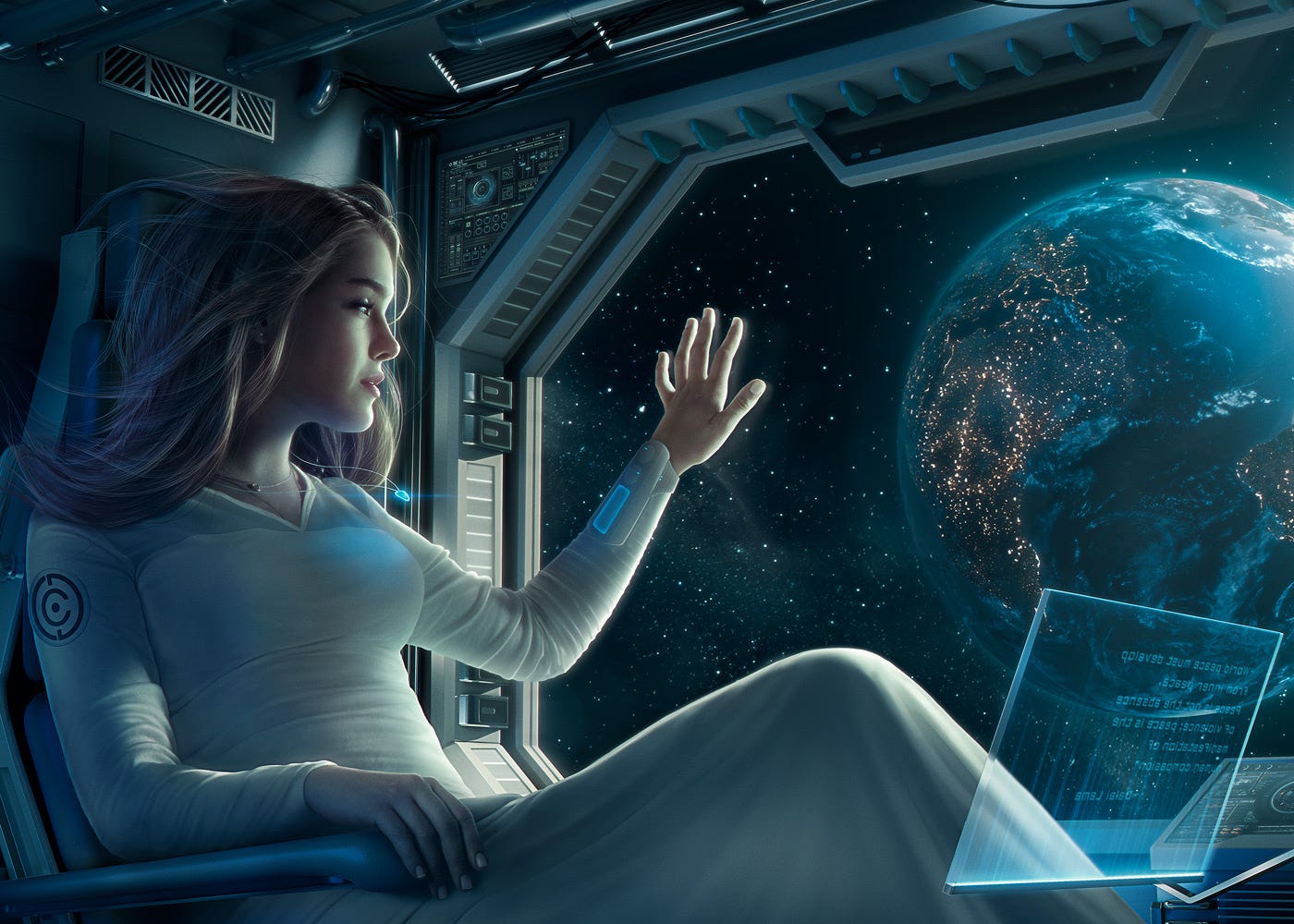
“A human being is a part of the whole, called by us, “Universe” a part limited in time and space. He experiences himself, his thoughts and feelings as something separated from the rest — a kind of optical delusion of his consciousness. This delusion is a kind of prison for us, restricting us to our personal desires and to affection for a few persons nearest to us. Our task must be to free ourselves from this prison by widening our circle of compassion to embrace all living creatures and the whole of nature in its beauty. Nobody is able to achieve this completely, but the striving for such achievement is in itself a part of the liberation and a foundation for inner security.”- Albert Einstein
The Hindi word Namaste means, “the sacred in me recognises the sacred in you”. The term suggests a connectedness of everything, people, nature, the earth itself. When one mentions a term such as Namaste or voice a belief that we are all connected, you run a risk of being labelled a hippy or misfit and you may face a penalty. The penalty is some form of ostracisation or a perhaps a belief that you are not hard enough or serious enough to be a business leader. (These are real risks as we discuss — albeit in an innovation sense — on an upcoming innovation show with Michael Roberto, the author of “Unlocking Creativity”.)
There is a reason that I place a quote from Albert Einstein beside a term like Namaste. Respected thinkers and inventors like Einstein, Carl Jung, E. O. Wilson, Max Planck and Nikola Tesla all believed that everything and everyone is connected. Jung called this connection the “collective unconscious,” Wilson called it “eusociality” or “hive mentality”. Tesla once said, “Though free to think and act, we are held together, like the stars in the firmament, with ties inseparable. These ties cannot be seen, but we can feel them.”
If these highly successful Nobel Prize winning leaders believe this, surely it must be true? Surely, these innovators are celebrated for their theories? Unfortunately, not always. It takes great courage to step outside that which is considered ‘the norm’ in our world even though many of our greatest breakthroughs come from harshly rejected ideas. Even when Earth’s greatest minds evolve their thinking to a point where they understand that we are all connected, they are written off as “having lost it” and they are revered for their earlier writings. However, Tesla also said: “All that was great in the past was ridiculed, condemned, combated, suppressed — only to emerge all the more powerfully, all the more triumphantly from the struggle.”
I have fantastic guests on The Innovation Show and it has always struck me how the majority believe in the interconnectedness of things. I believe that this mindset lies dormant in us all, just waiting to be released. We get inklings of our connectedness when we think of someone we have not seen in a very long time and out of the blue they text us or how you can feel the energy change in a city when a major event takes place, good or bad. If you visited New York after the tragedy of 9/11, you know exactly what I mean, you could feel the sadness, the loss.

This interconnectedness is the key to our future, it is the key to how we need to raise the vibration of our planet. This can start in our homes, where we bring a good vibration home to our families, leaving behind us the struggles of the day. Why is this important? Imagine for a moment, everyone looked after their energy and the energy of those around them and that all this energy connected, that would become a wave of positive energy. Tesla once said of hate, “If your hate could be turned into electricity, it would light up the whole world.” Likewise, if we could harness kindness and consideration (we don’t even have to go to love) it would change our society. This may seem a long shot, but it is how we find ourselves in the world as it is today. While we have made a lot of progress in the last centuries, we find ourselves in a polarised world. Our guest on the next Innovation Show is Iain McGilchrist, who explains how our collective consciousness shapes the world we experience.
This is the same in an organisation. You can literally feel the energy (good or bad) in any organisation. I worked in one such organisation and when I started there; I wondered if the ceilings were too high or the building was too big; the energy seemed strange. I soon discovered a group of toxic individuals akin to energy vampires were sucking the life out of the building and everyone in it. This had manifested in how the organisation behaved. Such organisational behaviour is all too common and underpinned by a set of toxic behaviours, which we discuss on this week’s innovation show with Carol Sandford.
The good news is that just as the scale can tip in an undesired direction, we have the power to bring things back into balance. The heart of this Thursday Thought is a mindset I have adopted in my life known as “Spaceship Earth”. This is an idea I had gleaned from another great innovation show guest and another holistic thinker David Deutsch.
The best way to explain the Spaceship Earth idea is to imagine a spaceship on a journey so long that many generations of passengers live out their lives in transit. The spaceship is a metaphor for the biosphere — the system of all living things on Earth and the regions they inhabit. The passengers of the ship represent all humans on Earth. Outside the spaceship, the universe is hostile. The interior is a complex life-support system capable of providing everything that the passengers need to thrive.
If the universe outside is hostile, and the ship has a finite capacity, we must treat both ship and crew with the utmost respect. We must not have in fighting on the ship, because the bigger threat is on the outside. On Spaceship Earth, there are no passengers, only crew and everyone has a contribution to make. On Spaceship Earth, we realise even a small gesture of kindness to another is valuable. This could be helping someone who is looking for a new role, offering words of support to a colleague or mentoring someone. Such acts generate positive energy and this energy compounds to fuel the ship.
A final thought comes from science fiction. In the 1996 movie Star Trek: First Contact, Captain Jean-Luc Picard explains that ‘Money doesn’t exist in the twenty-fourth century. The acquisition of wealth is no longer the driving force in our lives. We work to better ourselves and the rest of humanity’.
Sounds good to me Captain.
Episode 183 is No More Feedback: Cultivate Consciousness at Work with Carol Sanford
Peer Review is the Foundation for Measuring Employee Performance
But does it help employees realise their full potential? Does feedback improve a company’s bottom line?
No More Feedback is book one in our guest’s new Toxic Practice book series.
The book disrupts commonly held beliefs to reveal:
- Why feedback undermines employee development
- The impact feedback has on our 3 core human capabilities
- The alternative that leads to self-regulating employees
Utilising examples from her decades of work, learn the flaws in the feedback trap and build conditions for employees to flourish for long-term success.
Have a listen:
Soundcloud https://lnkd.in/gBbTTuF
Spotify http://spoti.fi/2rXnAF4
iTunes https://apple.co/2gFvFbO
Tunein http://bit.ly/2rRwDad
iHeart http://bit.ly/2E4fhfl
